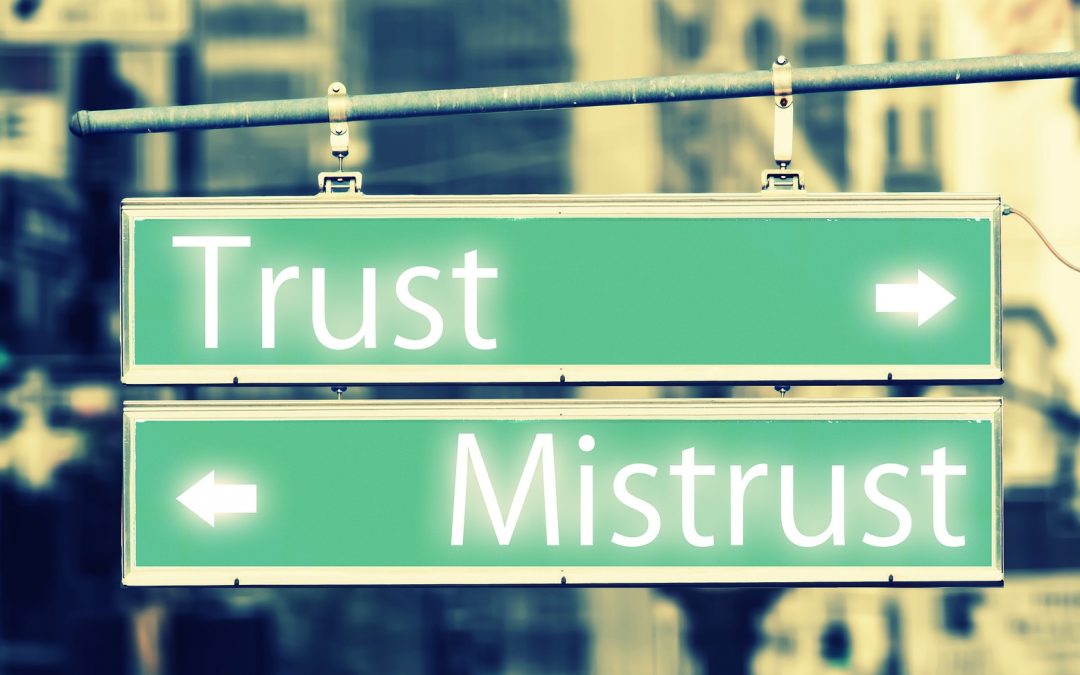“Patients with borderline personality disorder (BPD) show intense reactions to perceived abandonment, a high degree of mistrust, and a distorted, negative perception of others,” report the authors of the research led by Evelyn Levay of Simmelweis University in Hungary. “They misinterpret social cues with a pronounced negative bias, or fail to accurately perceive positive and neutral cues.”
This Psychology Today Article from Mark Travers, PhD, highlights the link between Borderline Personality Disorder and chronic mistrust:
“One example of this bias can be found in research showing that individuals with BPD are more likely to rate a person as untrustworthy when viewing a neutral photo of their face than non-borderline personalities.
To further explore the link between distrust and borderline personality disorder, Levay and her research team recruited 60 adults (30 diagnosed with BPD and 30 healthy individuals) to participate in a 15-minute in-person experiment. In the experiment, participants were asked to make a series of hypothetical monetary decisions, dividing a sum of money between themselves and another person…
They found that while people with borderline personality disorder exhibited the same amount of generosity in the game as healthy individuals, they expected others to act more selfishly than the healthy individuals did.”
You can read the full, fascinating article in it’s entirety here



